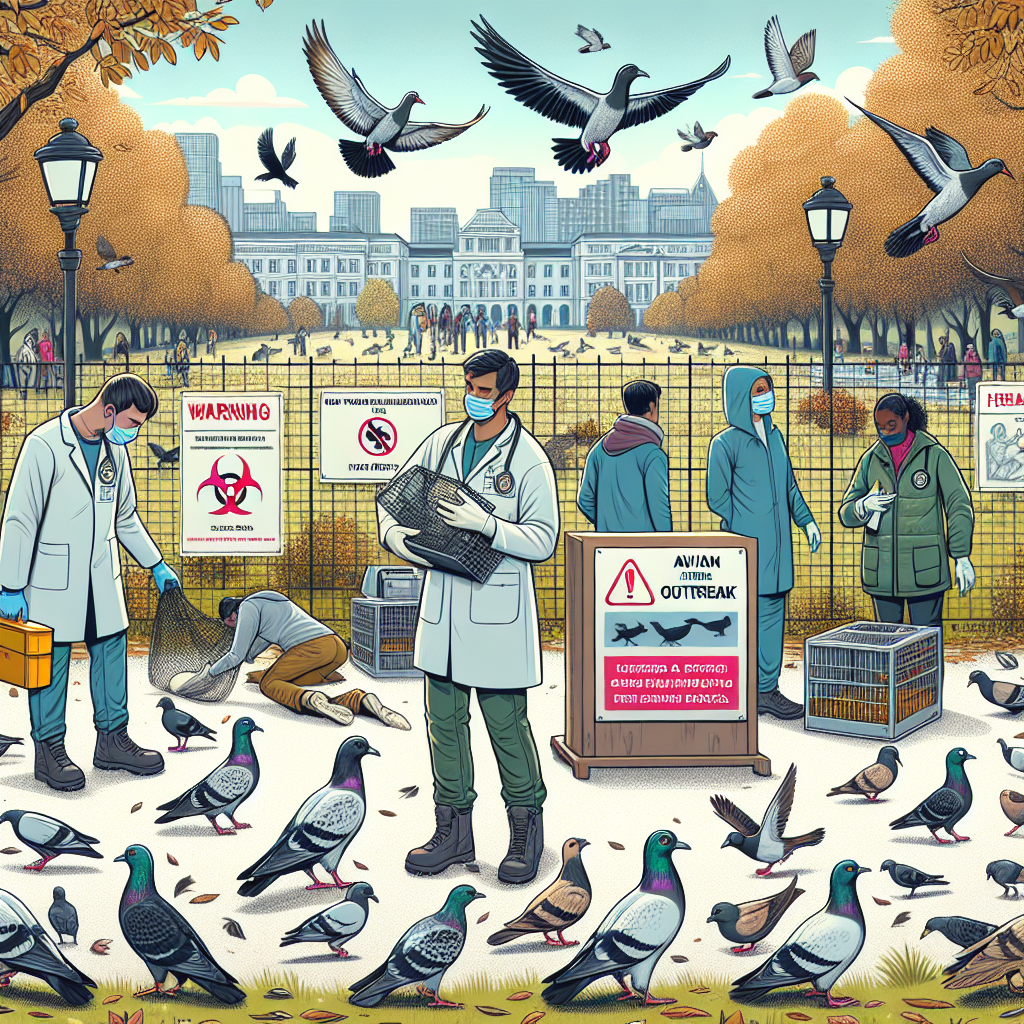Western Cape Calls for United Front to Safeguard Agriculture from Disease
“Our Growth for Jobs strategy is built on clear goals and outcomes to create a better Western Cape for all. Disease outbreaks pose a direct threat to this vision,” Meyer said.

- Country:
- South Africa
The Western Cape Provincial Government has urged a province-wide mobilisation to defend the agricultural sector against the growing threat of animal disease outbreaks. With agriculture forming the backbone of the province’s economy and rural livelihoods, authorities warn that complacency could carry severe consequences for food security, exports, and jobs.
The call comes in response to recent outbreaks and detections of African swine fever, rabies in Cape Fur seals, and the low pathogenicity avian influenza virus (AI H5). While AI H5 is primarily found in wild birds and generally causes mild or no symptoms in poultry, officials stress that even limited outbreaks could disrupt farming and trade if not swiftly contained.
“We Cannot Afford to Be Complacent”
Dr. Ivan Meyer, Western Cape MEC for Agriculture, Economic Development, and Tourism, said the stakes for the province are high. Agriculture sustains thousands of jobs, underpins exports, and contributes significantly to the regional economy.
“Our Growth for Jobs strategy is built on clear goals and outcomes to create a better Western Cape for all. Disease outbreaks pose a direct threat to this vision,” Meyer said. “Every outbreak prevented is a business saved, a job protected, and a family’s future secured.”
He stressed that protecting agriculture is not solely the responsibility of government or farmers but a collective duty involving industry partners, researchers, municipalities, and citizens – urban and rural alike.
Biosecurity as a Shared Responsibility
Meyer explained that biosecurity is more than a trade or export compliance requirement; it is the foundation of disease prevention and control. This has practical implications across the agri-food value chain, where production, processing, and distribution systems are becoming increasingly complex and fast-moving.
“By acting together now, we can safeguard our food security, sustain our exports, maintain the trust of our trading partners, and protect the livelihoods of thousands of Western Cape families,” Meyer said.
State Veterinarian Dr. Christi Kloppers, based in Swellendam, noted that informal and subsistence farming settlements are especially vulnerable, as they often lack the resources and infrastructure to implement stringent biosecurity measures.
“Implementing effective measures in these farming systems is a major challenge. Provincial and municipal resources should be used optimally to protect the economy and the livelihoods of our residents,” Kloppers said.
Economic and Social Imperatives
Meyer warned that failure to contain outbreaks would not only affect farmers but also ripple across industries such as food processing, exports, and tourism. He called for vigilance and cooperation at every level, stressing that transporters, feed suppliers, abattoirs, and consumers must all play their part.
“This is not just an agricultural issue – it is an economic and social imperative,” he said. “Biosecurity is everyone’s business. From farm to fork, we must act responsibly to protect the integrity of our agricultural produce.”
Mobilising Resources
The Western Cape Provincial Government has pledged to mobilise all available resources in close coordination with national authorities, municipalities, and industry stakeholders. Key steps include:
-
Enhanced surveillance and rapid reporting of suspected cases.
-
Strengthened collaboration with local governments and veterinary services.
-
Awareness campaigns to educate farmers, especially in vulnerable communities.
-
Tighter biosecurity protocols during transport and handling of livestock.
Meyer said these efforts were already being reinforced through engagements with executive mayors and municipal managers, ensuring that prevention and containment strategies are applied consistently across the province.
Protecting Jobs and Growth
With agriculture and agri-processing central to the Western Cape’s economy, Meyer underscored that defending the sector against animal diseases is directly tied to protecting jobs and sustaining exports.
“Every link in the value chain matters,” Meyer concluded. “By being vigilant, responsible, and united, we can protect our province’s agricultural integrity, support economic growth, and create more jobs for our people.”










